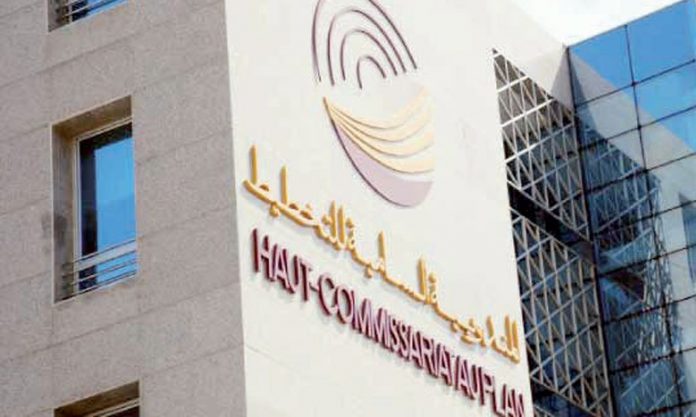Morocco’s High Commission for Planning is set to launch two major nationwide surveys in 2025, signaling a renewed push to better understand gender inequality across the country. The announcement came from Chakib Benmoussa, the High Commissioner for Planning, during a public forum in Rabat focused on women’s empowerment and the barriers that continue to hinder gender equality.
The upcoming studies—one focused on time use, the other on family dynamics—are part of a broader initiative to shed light on the structural and cultural forces that reinforce gender gaps. The goal is clear: to build a more robust data foundation that can guide policy decisions and help close persistent divides between men and women.
The time use survey aims to capture how daily responsibilities are shared between genders, covering both paid work and unpaid labor, such as caregiving and household chores. By mapping out how men and women spend their days, the research hopes to expose the hidden pressures shaping their ability to access employment, rest, or leisure—factors that often go unmeasured but have a profound impact on gender equity.
Meanwhile, the family-focused survey will take a fresh look at how household structures and dynamics have evolved in recent years. Special attention will be given to the “care economy”—the often-invisible labor that supports family life—and how caregiving responsibilities, decision-making power, and access to resources are distributed within households. The study aims to document how gender roles are shifting inside Moroccan families, and where inequalities still persist.
Alongside these two surveys, the commission is also preparing an in-depth analysis of gender disparities at the local level. Using data from the national censuses of 2014 and 2024, this granular study will chart differences in education, healthcare access, use of public services, and economic participation, offering a detailed snapshot of how gender gaps vary from one region to another—and how they’re changing over time.
According to Chakib Benmoussa, the body of research being developed represents a shared national resource. By making the data available to researchers, policymakers, and institutions—both public and private—the hope is to foster deeper insight and more effective strategies for promoting gender equality, not only on a national scale but also in regional and local contexts.




